Susan’s Stage 4 High-Grade Serous Carcinoma Metastatic Ovarian Cancer Story
Susan shares her stage 4, metastatic ovarian caner story, diagnosed at 55 years old after feeling fatigue and unusual sensations. She shares how she got through chemotherapy, surgery, and recovery from both.
Explore her story below, where Susan highlights how she navigated life with metastatic ovarian cancer, including the hair loss from chemo, what support helped her the most, and how cancer affected her marriage.
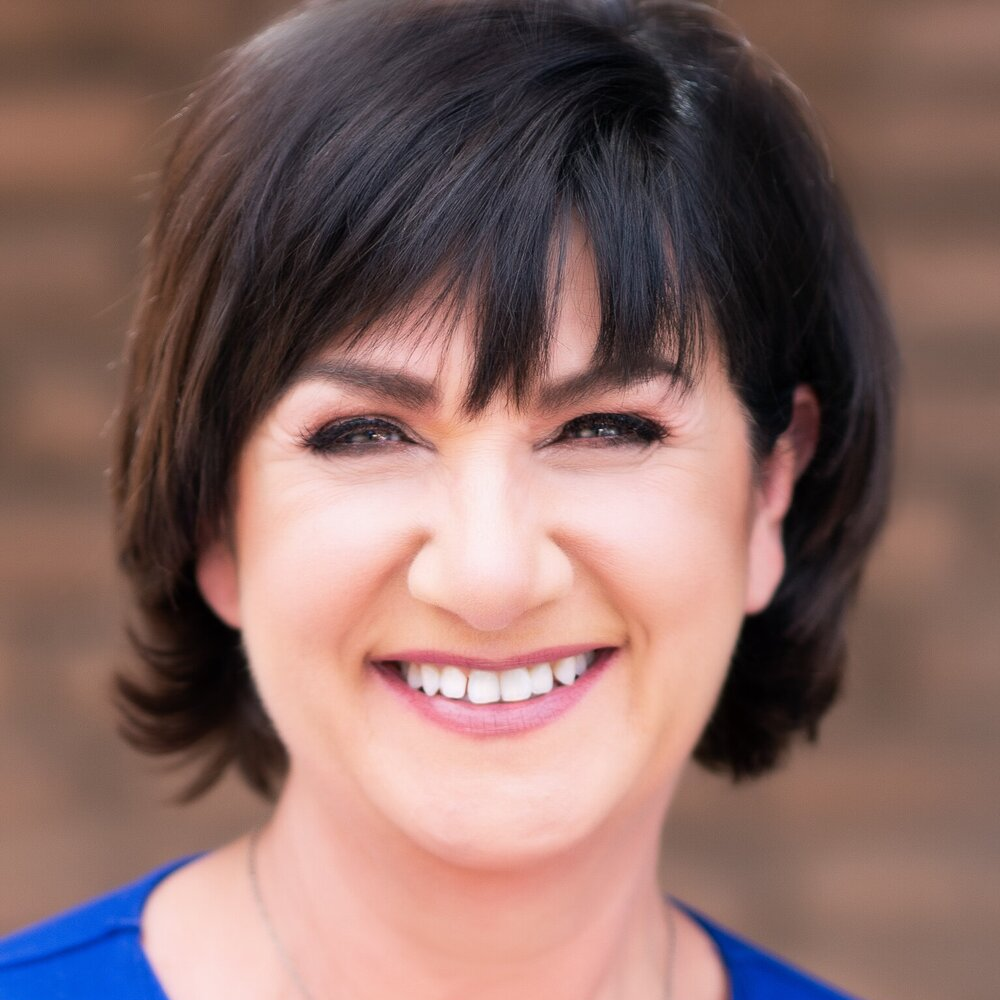
- Name: Susan R.
- Diagnosis:
- Ovarian cancer
- High grade serous
- Age 55
- Staging: Stage 4 metastatic
- 1st Symptoms:
- Fatigue
- Persistent colds
- Pressure in lower right side
- Treatment:
- Chemotherapy
- Paclitaxel & carboplatin
- 5 weeks before and 12 weeks after surgery
- Paclitaxel & carboplatin
- Surgery
- Tumor removal
- Chemotherapy
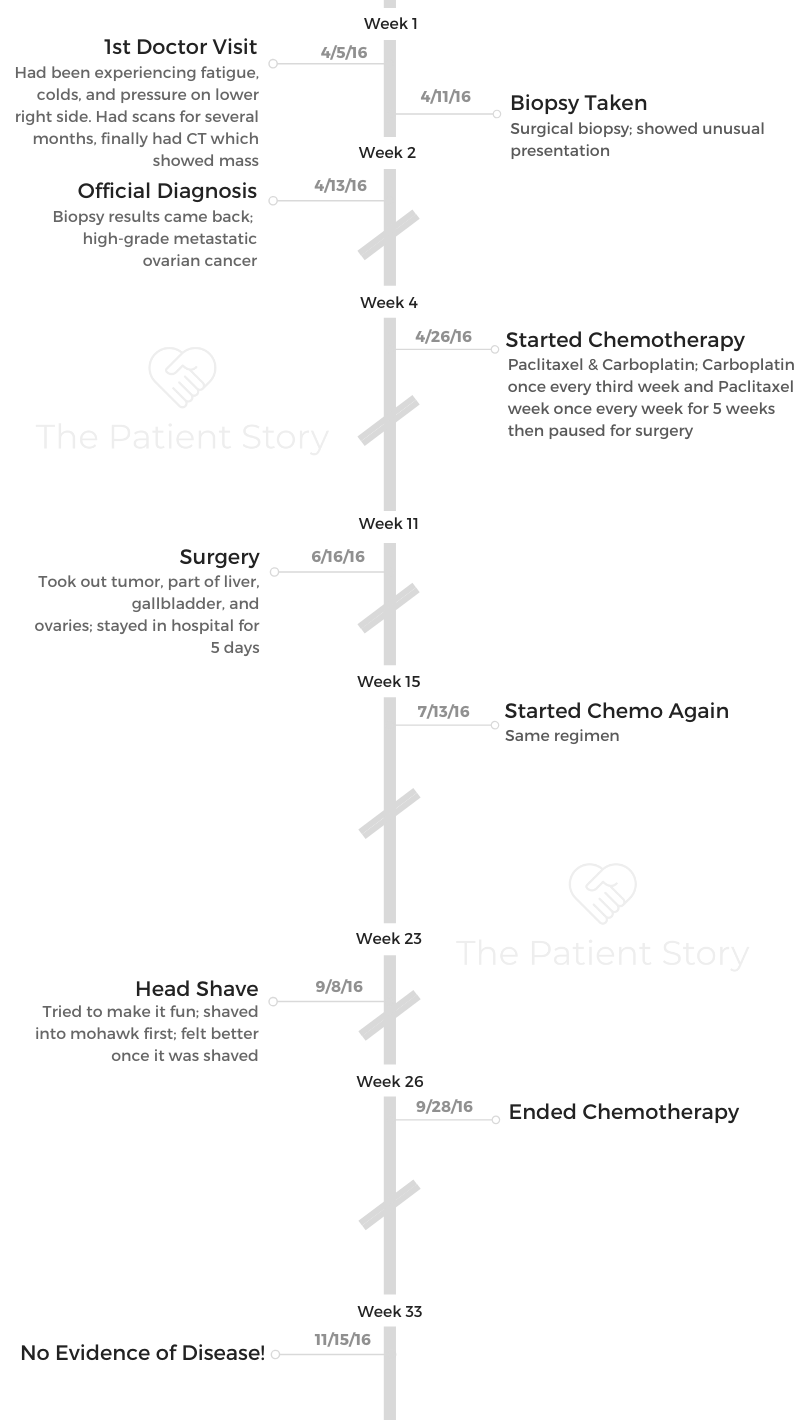
Let people help. People want to help you. This one woman I know said, ‘I just want you to know I’m thinking about you. Sometimes I don’t know what to say, but I’m a really good listener, and you can vent to me if you need to.’ People will do what they can for you.
Susan R.
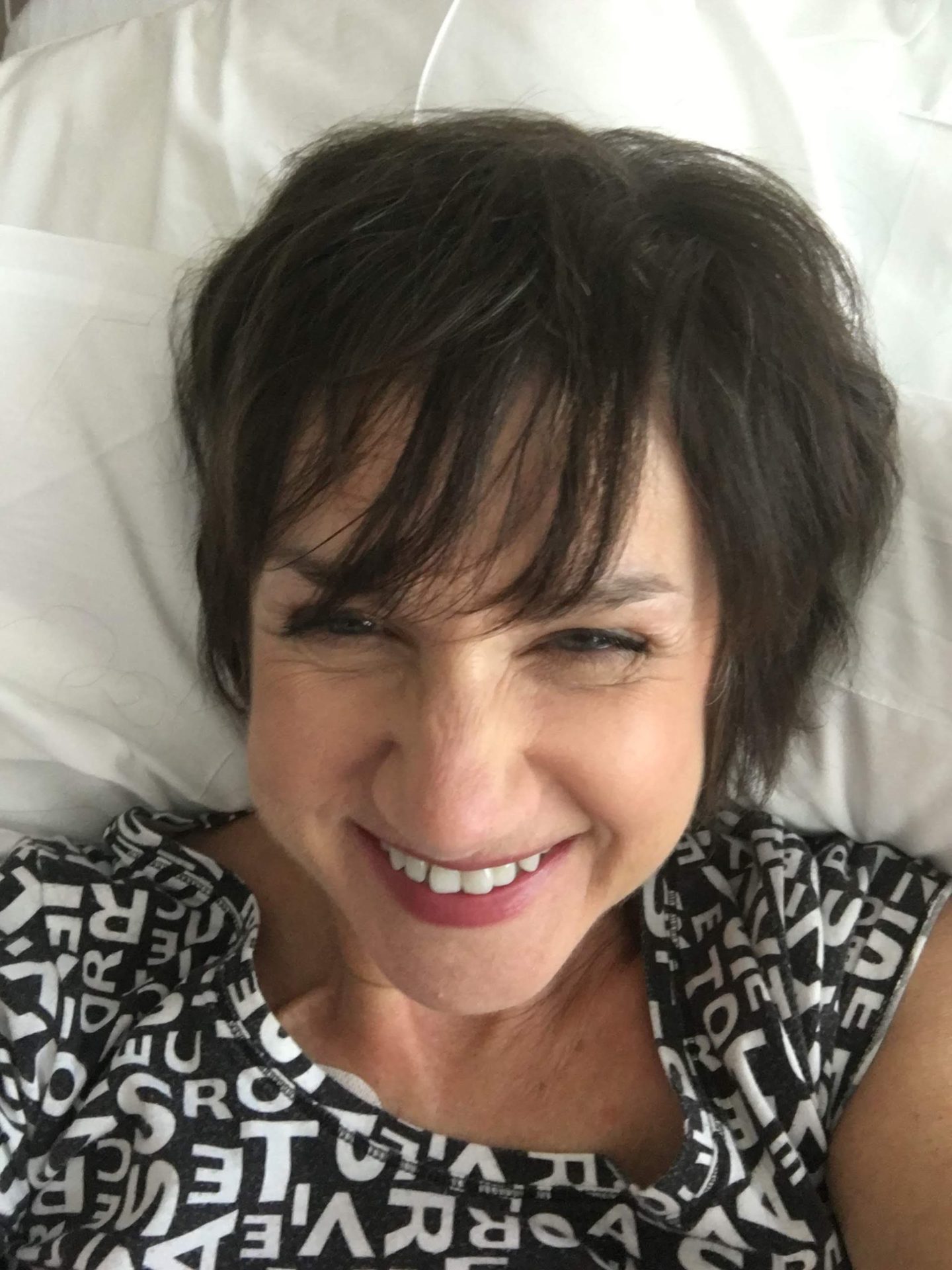
This interview has been edited for clarity. This is not medical advice. Please consult with your healthcare provider for treatment decisions.
Diagnosis
What were the first symptoms?
I was feeling some unusual sensations. One day, I woke up feeling extremely cold. It was a feeling that came from the inside out.
It wasn’t the kind of cold where you could get warm with blankets or extra clothes. It was just a weird kind of bone-chilling cold feeling, and when I took my temperature, it was below normal.
I had an unusual feeling of pressure and discomfort on my right side. I felt it because the tumor was right up against my liver, and they say the liver is very sensitive. Otherwise, I might not have felt it at all.
At one point, I had a really bad cough, so they thought maybe I had just bruised a rib or something. They did a chest scan and thought they’d see something, but that was normal. I did blood tests, and all of those were normal.
What got you to go to the doctor’s?
The night before I went to the doctor, the discomfort had gotten uncomfortable enough to wake me up. When I went in for the CT scan, the doctor was expecting it to be kidney stones or something.
I really don’t think he was expecting it to be what they found.
CT scan results
I had the CT scan, went back to work that afternoon, and by the time I was on my way home from work, he called.
He said, ‘They see a mass. It doesn’t look good. We need to biopsy it. I just want to prepare you that it looks like it could be something serious.’
Describe the tumor biopsy
A few days later, I had the biopsy. It was pretty involved. I went into the hospital. I was under anesthesia. I think I was completely out. They went into my liver area.
That came back as malignant. Because it was so close to the liver, they were nervous. It was an unusual presentation.
How did you process the diagnosis?
I remember when the doctor called. I had turned on the radio in my room. For some reason, it was on a Christian rock station.
I never listen to that station, and as I was listening, I realized this song was about God. I am religious, but I don’t listen to Christian rock. I just felt like that was a little message of hope or faith.
I was sort of prepared for the diagnosis because they hadn’t been giving me false hope. He told me it was malignant and very serious. I guess I kind of went into shock.
»MORE: Processing a cancer diagnosis
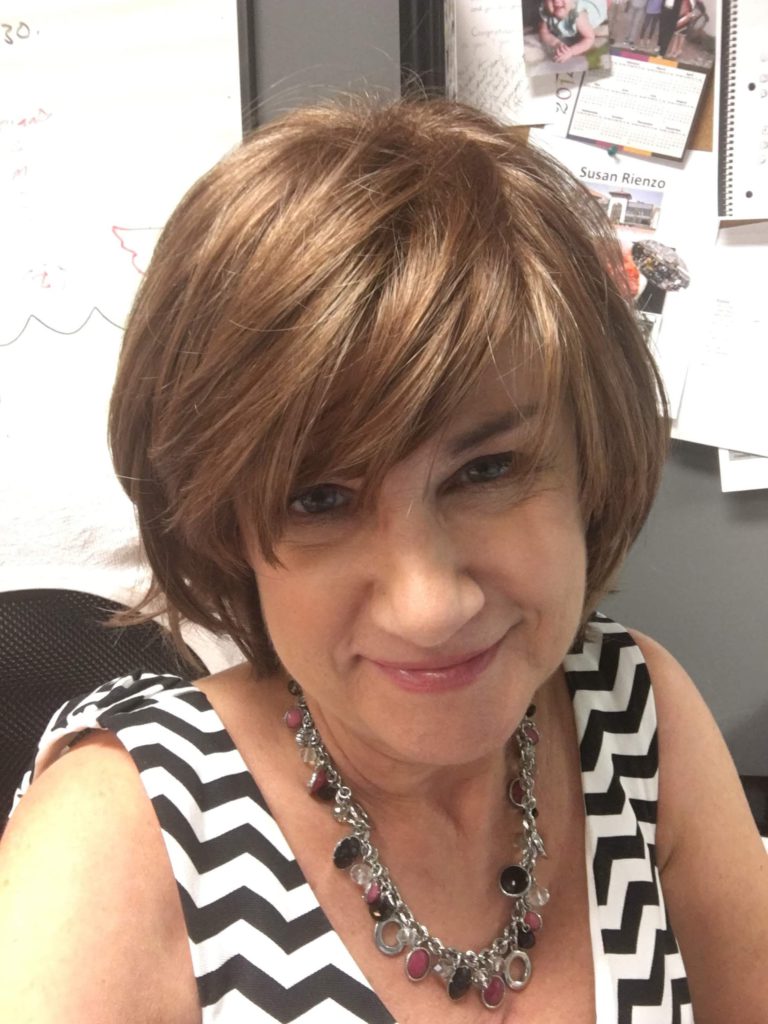
How did you tell your family about the cancer diagnosis?
I called my husband. When he came home that night, I was upset. We just went for a walk because we couldn’t do anything else at that moment. We just walked, and he was very supportive.
I’m strong, and I knew that. I have a lot of good friends and family. I felt that support. I knew I was generally healthy, and I think that’s why I was able to fight it and deal with it.
I really did just go on autopilot for a while. I did what I had to do.
It was very hard to tell my mom. She was 95 at the time and was starting to experience dementia. I hated having to tell her as much as telling my kids, but I felt she should know.
Of course, she was very upset and started crying. She said things like, “Why couldn’t it have been me? I’ve already lived my life.”
Then, due to her dementia and forgetfulness, I wasn’t sure if she always remembered, as she usually wouldn’t mention it or ask me anything about it.
Yet her doctor told me that every time she went to see him, she would cry and say it was because I had cancer, even after I was over it. That was sad.
The funny part was when my hair started growing back and was very short. She would say, “Wow, you really got a short haircut this time!“ Then when it started getting curly, she asked, “Why is your hair so curly?”
First meeting with the oncologist
They referred me to an oncologist, who was wonderful. He deals only in this specific kind of cancer. He wanted to do an MRI and see it for himself. I had that scan, and he called me after he got the results.
He said, ‘We’re going to be able to do this. We may have to get a liver specialist involved just in case, but we’re going to be able to treat this.’
What was his treatment plan
That was a reassuring call. Then we met in person. What he wanted to do was start chemo, shrink it first, then go in and take out the mass surgically. We’d go for some more chemo after that to make sure we got it all.
I did five weeks of chemo, went on a family trip to San Diego, and had my surgery. By the time of the surgery, it had shrunk significantly. I responded instantly to chemo, so that was great news.
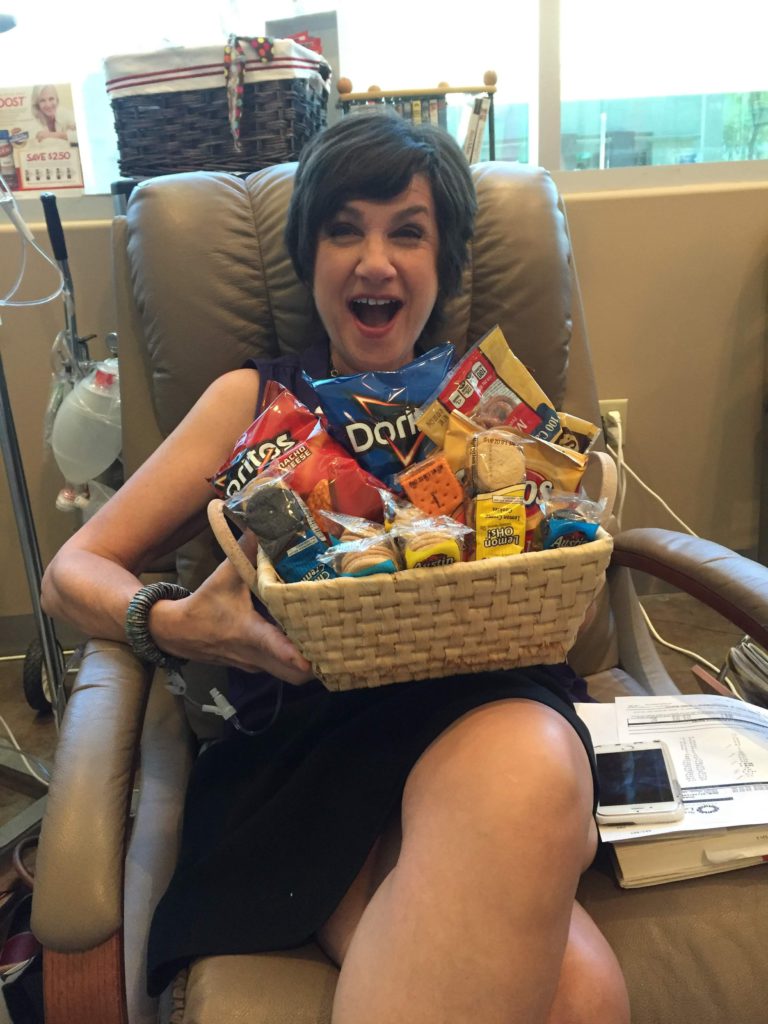
Chemotherapy
What was your chemo regimen?
I went in once a week. I had carboplatin once every third week and Paclitaxel once every week, with no weeks off in between. I had one infusion day every week for those five weeks.
I took prednisone and Zofran the night before. I also had Decadron (dexamethasone, steroid) prior to starting chemo, just in the beginning.
It took a couple of hours on days I had carboplatin and a little less on days I didn’t.
The first day took the longest. I would usually read or fall asleep.
Bringing a buddy to infusions
My friend Lauren would come with me for most infusions, so we’d keep each other company. We would go to lunch every time, and I really looked forward to that as part of the whole experience.
After surgery, I did chemo again for another two months or so.
Chemo side effects and solutions
Summary: fatigue, metallic taste, mouth sores (mucositis), constipation, nausea, chemo brain
I would be pretty tired, especially on days I had infusions. I was on steroids, though, so it would almost be hard to sleep because I had energy from that.
I had a metallic taste in my mouth sometimes. It made food taste bad. That was hard. I used plastic utensils instead of silverware because the nurses suggested it. That helped a bit.
I also had some special toothpaste to rub on my gums to prevent mouth sores. I took stuff to prevent constipation as well.
I lost some weight while I was in the hospital after the surgery, so I think that was just about being in the hospital and not from chemo.
Sometimes I felt nauseous, but I didn’t throw up much. I had this weird, tingly feeling in my chest sometimes. It would go away, though. One day in chemo, I had this tingly feeling in my spine. One of the other women in the infusion center overheard me and told me to tell a nurse.
I wasn’t going to say anything, but I did. She came over and told me she had to give me something to stop that or else I would have a bad backache. They told me to be sure I told them anything I was feeling during infusions because they would come over and adjust things.
I tended to be a little more forgetful when going through chemo, and I possibly am sometimes more forgetful now because of it, too. I think I experienced some chemo brain.
»MORE: Cancer patients share their treatment side effects
Surgery
Preparing for surgery
Prior to surgery, I had to give myself shots to prevent blood clotting and infection. I had to meet with the liver surgeon. That was a little traumatic. I went by myself because I didn’t think it was going to be a big deal.
He scared me so much because he said, “I have to be sure I’m ready for this surgery. I need to see all the scans. This is very serious.” I was so scared. I walked out of there with tears in my eyes.
I had three doctors in my surgery. The liver specialist, my oncologist, and one other doctor. We were able to get my surgery scheduled on the day we expected to.
I had to go to the hospital for some pre-op tests. I got nervous at that point. I called my daughter and started crying on the phone. I felt bad because I didn’t want to dump it on her, but I just needed to talk.
The young man who drew my blood for the tests was so nice, but it just hit me very hard then. I was crying as he was drawing my blood. I didn’t want to scare people I loved, so I guess I just needed to vent to a stranger.
I was nervous for surgery. It was going to be major. I was also just excited to get the tumor out. I named it Dick. I joked and said, “Not that I don’t like dick, but this one is uninvited, and I want it out.”
The surgery
They took out my tumor, part of my liver, my gallbladder, and what was left of my ovaries. I had a hysterectomy in 2006, but they hadn’t taken my ovaries. They took out quite a bit in this surgery.
When the doctor came out after the surgery, [he] said, ‘This was a home run.’
He was so happy with how the surgery went and what he saw in there.
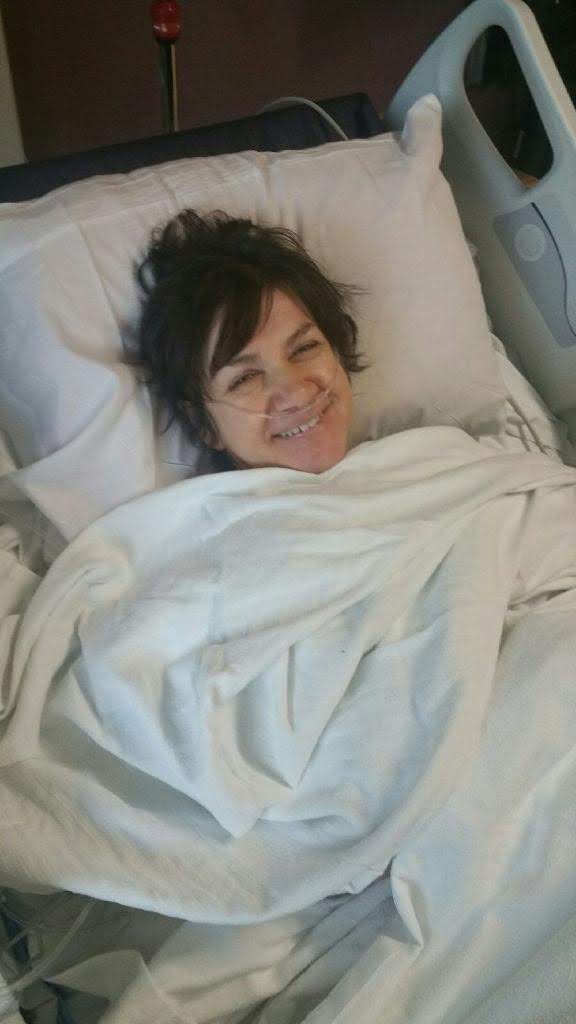
Surgery recovery
The hospital stay was great. It was a smaller hospital. They were all so nice. I was in a lot of pain when I woke up, though.
The first time I walked was only a few steps to my door and back to bed, and it was so painful. I gradually worked my way up to walking around the halls.
They moved me out of ICU after a few days. I was in the hospital for almost a week. I would get up and get myself to the bathroom and all that. I put on my makeup every day. I still had quite a bit of hair left at this point.
Recovering at home
The recovery at home was pretty good. I was able to do the steps at our two-story house, so that was a good sign. I laid on the couch and watched TV a lot. I asked for ice cream a lot. It was great as far as food went. I ate whatever I wanted.
I have a day job, I’m a part-time actress, I have grandkids, and I have a lot of friends. I’m hardly ever just sitting around.
I don’t have any lasting effects from surgery, but I do notice that if I’m just relaxing, I might get tired a little earlier than normal.
Reflections
Can you talk about hair loss?
I had about a month to recover after surgery. I did the same regimen for another 12 weeks. I went until the end of September. During that time is when I started really losing my hair.
I went for a wig early on. I found one that was very similar to my normal hairstyle.
I also went to Mayo Clinic and got a free wig. It was a little lighter and longer than my normal hair. That was fun.
I started wearing the wig in July or August because it started to look bad. They say it’s better to shave it sometimes. Seeing it thin and fall out was traumatic.
I was shedding like crazy. By September, it was time to shave it. Nobody was really talking about it, but one friend offered to do it for me. He did.
That made it a fun thing. He shaved it into a mohawk first and fun stuff like that. It was neat.
I would go out without the wig if I was feeling gutsy. The first thing I would do when I came home was take the wig off because it was hot and itchy, so if I felt like I didn’t need to wear it, I wouldn’t.
As soon as I shaved my hair, I felt like it started to grow back really fast. Then when I stopped chemo, it really started coming back. By January, I had quite a bit of hair. It was short, but I had to cut and style it.
It came back curly at first. It was kinda neat. It’s not curly anymore. Each haircut I got took more and more of the curls out. I don’t have to tweeze my eyebrows or shave my legs as much as I used to now. That was a little plus side.
As a woman, I put a lot of my identity in my hair. It’s very emotional. People will say, “It’ll grow back, don’t worry.” It will, but you’re allowed to be sad about it.
I really feel like shaving it was a good choice. It puts you in control. It’s not the hair doing it anymore. Then it’s you deciding, and that feels empowering.
At a certain point, there’s nothing else you can do. It just starts to look bad, and it winds up looking better when it’s shaved.
Get a wig if you want one. Some people wear scarves or hats. Find something that you like that works for you. I also wore bigger earrings when it was growing back out. I tried to distract and accentuate other features that way.
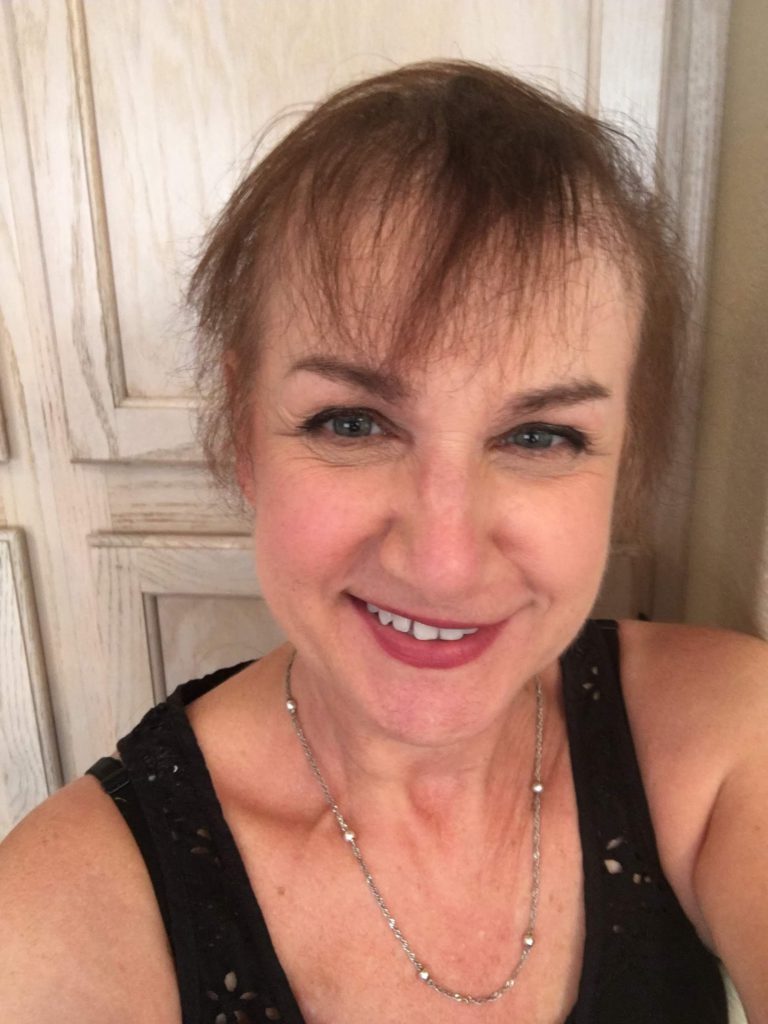
Getting support
Lots of people offered to come over. One of my friends would come over and walk with me. The gifts were constant.
People were so kind and made us meals, sent cards, books, gift certificates, and all that kind of stuff.

One friend sent pastries from my favorite Italian pastry restaurant in New York. I don’t even know how she did that. Later, she found a spa down here and got me a gift certificate for a few massages.
People would offer to bring me to chemo each week. It was only 10 minutes, and I could’ve taken myself, but one friend would go with me all the time.
I’ve known Lauren since I was 21. Her mom had actually been through ovarian cancer with this same doctor.
Almost every time, she would drive up and take me. It sounds so silly, but we had a great time. We brought snacks, laughed, and had such a great time.
We’d go to lunch after, and it made it something to look forward to.
My aesthetician gave me a facial as a gift because she thought I looked dehydrated, which was a really nice, pampering, and caring thing to do.
People probably thought we were obnoxious, but whatever. That was the greatest gift she gave me.
She made chemo fun and something to look forward to — like a little lunch date each week.
My sister-in-law came out and stayed with me after surgery. She was like my nurse. She stayed about 10 days. That was awesome. She cooked and just took care of me.
The night I woke up after surgery, I was in a lot of pain, but I just had this feeling of all these prayers and vibes and love coming at me.
I was alone in my room in the ICU, and I could almost tangibly feel all that love and support. It was like I could feel arms around me.
Also, people at my job did great things for me. We all went out to happy hour to celebrate when I finished chemo.
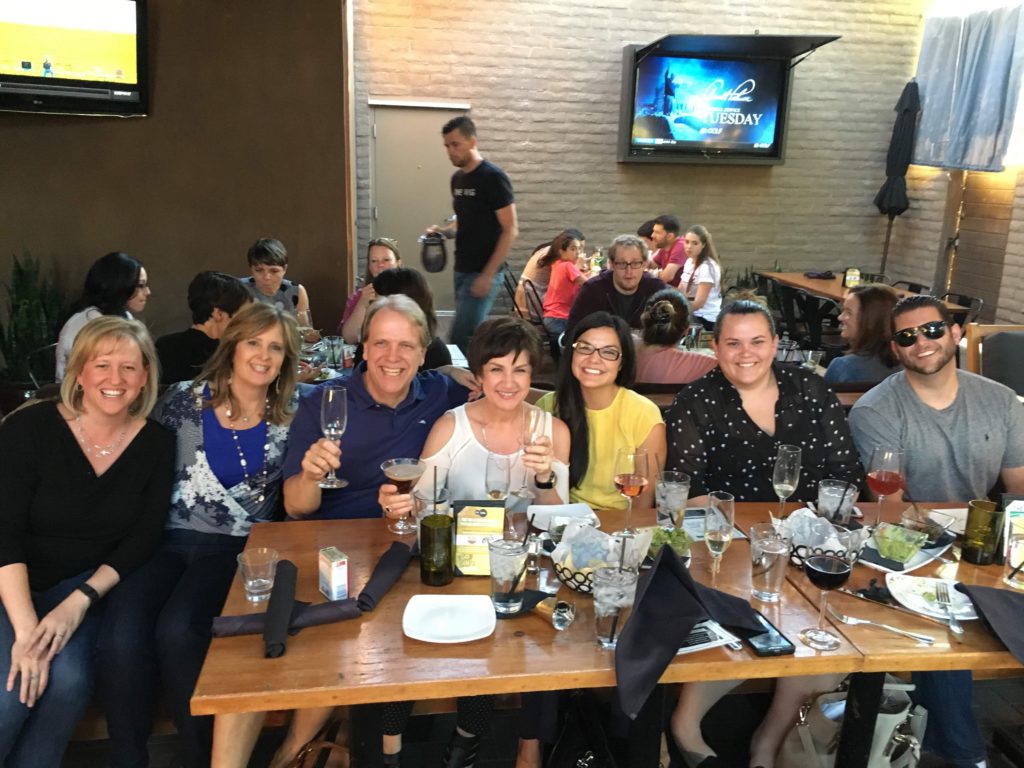
They’d pick me up and take me to lunch during my recovery from surgery. And they even paid me for some extra hours when I had to cut back a little bit. That was all wonderful.
Plus, a bunch of people came out to support me on my last day of chemo. My friend who shaved my head brought cupcakes for the whole room. It was my niece, my daughter, some friends, and even Dr. Janicek. My husband came for lunch after.
How cancer affected your relationship with your spouse
I’ve known my husband, Jimmie, since I was 18. We got married when I was 21. We’ve been through a lot of life together. He’s very wonderful. He was just always positive throughout the whole thing.
I don’t think he ever had a doubt that it was going to be okay. He really believed it and made me believe it, too. He just went with the flow. He’s a laid-back person. He just did what he had to do.
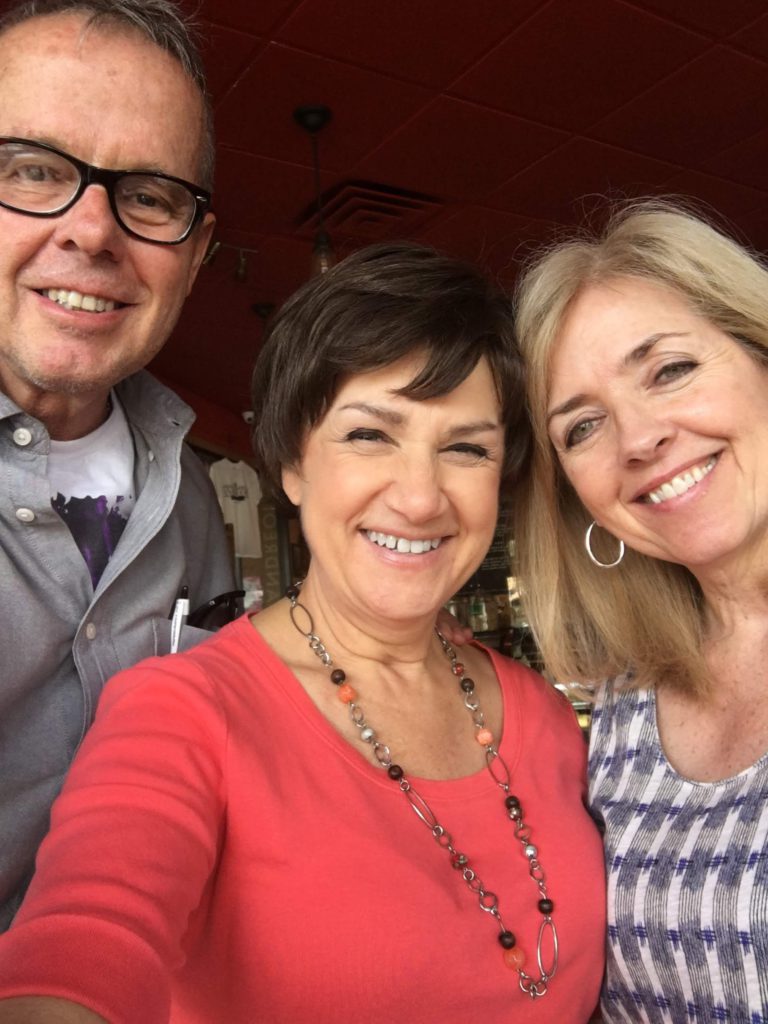
He built me this cute little step to help me get up into our bed. He was just so helpful and thoughtful.
I had a 12-inch incision, so I had to be careful with the way I got in bed.
After everything was over and I was declared in remission, I went through a depression. I didn’t understand why I didn’t feel better.
I think it was just that I needed to feel those emotions that I had shoved down throughout the whole process. I was surprised. I thought I should be happy.
I had to go through a readjustment of emotions. I remember him commenting about how negative I was being and feeling. He gave me a little lecture on my mood.
Of course, I was like, “Excuse me, I just survived cancer. Give me a break.” That passed, though, and he was supportive.
»MORE: 3 Things To Remember If Your Spouse Is Diagnosed With Cancer
How has cancer changed your perspective on life?
Sometimes, I feel like this should’ve changed me more than it did. Maybe that’s because I’ve just always been a positive person. I’ve always appreciated life, so I don’t know if I appreciate it any more than I already did.
This was basically six months out of my life. I really just don’t like thinking about it. It was April until September, but it didn’t define who I was. I enjoy helping other people who can benefit from my experience, but I just don’t really think about it much.
I guess the one thing it might have changed is my ability to allow myself to be selfish or lazy. If I feel like I want to just rest and not really accomplish anything one day, I’ll do that.
I did feel a little betrayed by my body when I was first diagnosed, but at the same time, I feel like my body really fought for me. Maybe it dropped the ball, but then it picked it back up again.
I don’t feel like I had any major revelations or had some dramatic change in lifestyle. It just happened, and I hope it never happens again. If it did, I hope I’d be as strong. Maybe I just don’t let myself think about it because it was too scary. I did have genetic testing, but that all came back negative, so it was just a fluke thing.
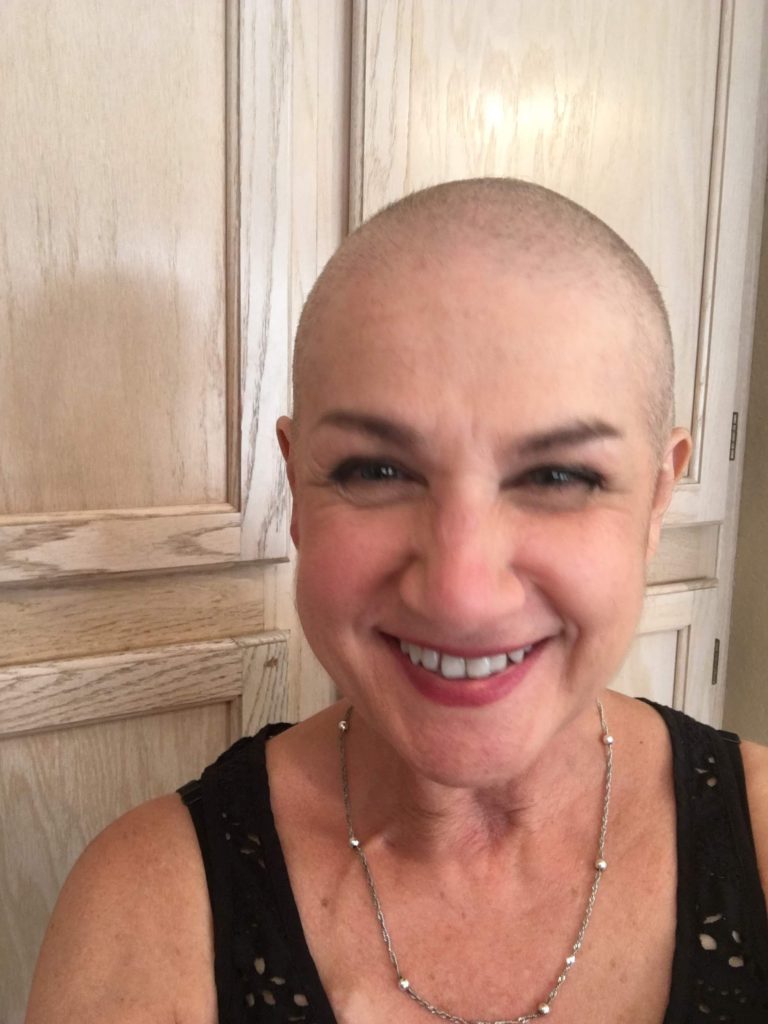
Message to other cancer patients
You have to feel confident in your doctor. If you’re not 100%, maybe get a second opinion.
I loved my doctor. He didn’t talk like a doctor. He gave me a big hug.
He talked like a real person. He made me feel more hopeful and optimistic. That, plus his amazing credentials, gave me a lot of comfort. You have to have confidence in your doctor and trust them.

Stay the course and know that chemotherapy today is a lot different than it was years ago.
Chemo isn’t as scary as it used to be. Chemo is going to help you, and they give you everything they can to minimize side effects.
Let people help. People want to help you.
This one woman I know said, “I just want you to know I’m thinking about you. Sometimes I don’t know what to say, but I’m a really good listener, and you can vent to me if you need to.” People will do what they can for you.
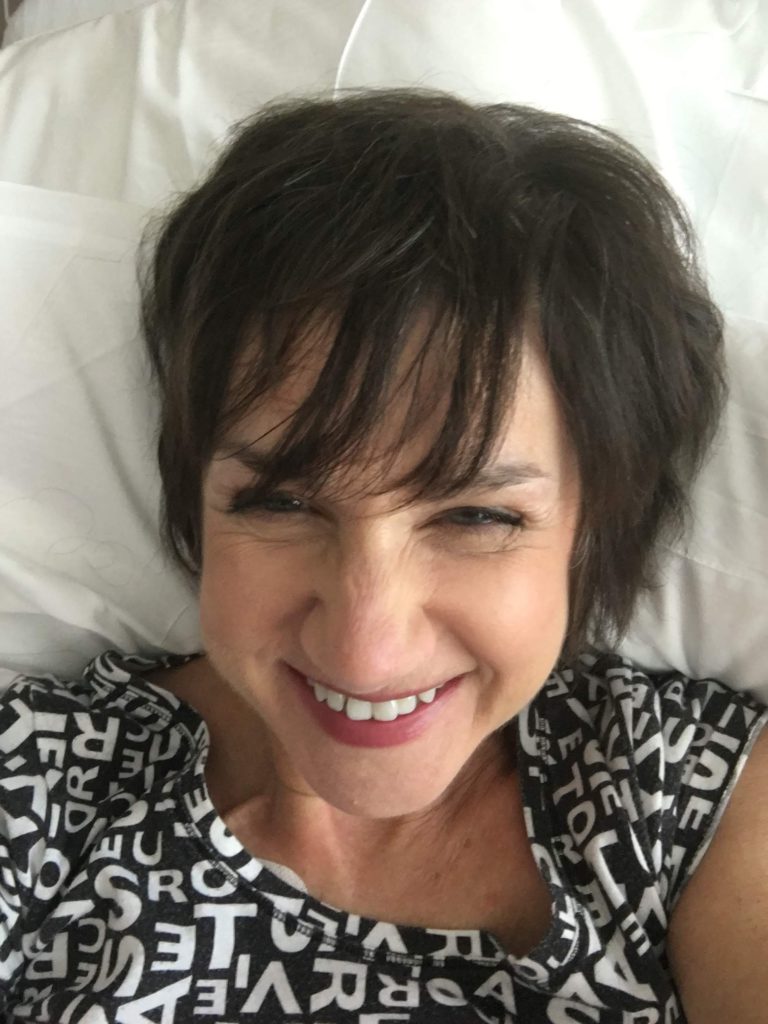
Inspired by Susan's story?
Share your story, too!
Ovarian Cancer Stories, High-Grade Serous
Randalynn V., High-Grade Serous Carcinoma, Stage 1C
Symptoms: Pulling sensation when emptying bladder; abdominal pain
Treatments: Chemotherapy (carboplatin & paclitaxel), surgery
...
Shirley P., High-Grade Serous Carcinoma, Stage 3C, BRCA1+
Symptoms: Pulling sensation when emptying bladder; abdominal pain
Treatments: Chemotherapy (carboplatin & paclitaxel), de-bulking surgery, PARP inhibitors
...
Suzann B., High-Grade Serous Carcinoma, Stage 3C, BRCA1+
Symptoms: Inability to urinate
Treatments: Chemotherapy, de-bulking surgery, total hysterectomy
...
Susan R., High-Grade Serous Ovarian Cancer, Stage 4
Symptoms: Pulling sensation when emptying bladder, abdominal pain
Treatments: Chemotherapy (carboplatin & paclitaxel), surgery
...
Sara I., High-Grade Serous & Clear Cell Carcinoma, Stage 3A
Symptoms: Random sharp pains, unrelated scan showed ovarian cyst
Treatments: Debulking surgery, chemotherapy (carboplatin & paclitaxel), PARP inhibitors (clinical trial)
...
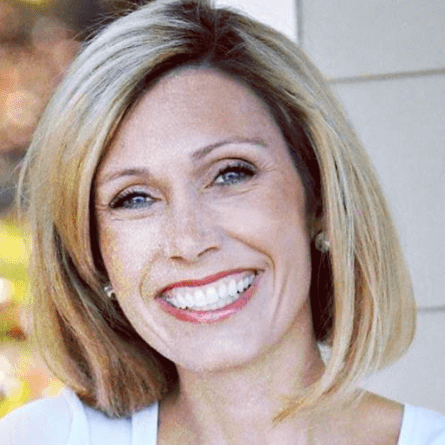
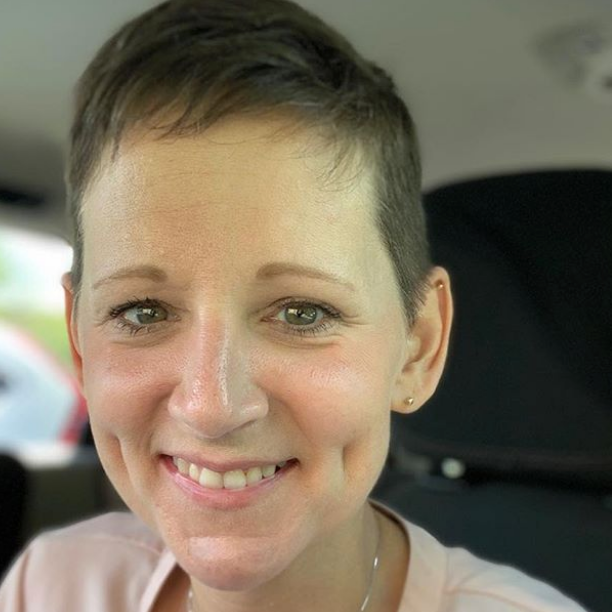
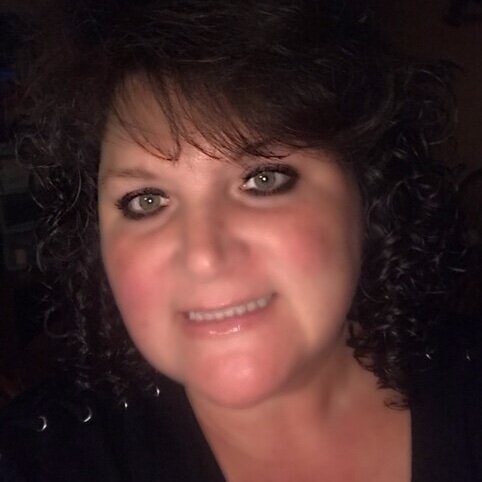
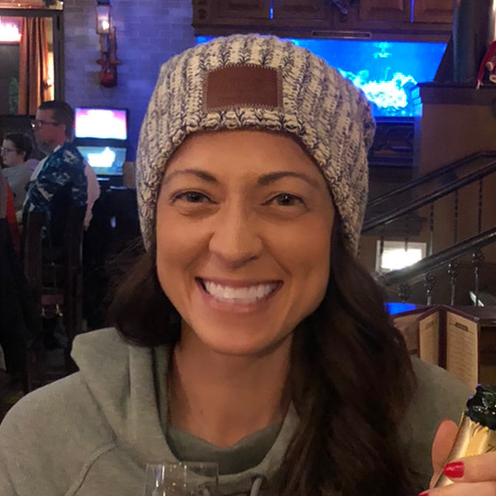
2 replies on “Susan’s Stage 4 High-Grade Serous Carcinoma Metastatic Ovarian Cancer Story”
Thank you for sharing your story. I have high grade carcinoma ovarian cancer. Thought it was stage 4, but oncologist said it was stage 3 bordering on 4. That made me feel better. Had surgery September 3 started chemo December 14th. Oncologist angry that surgeon waited so long to ok chemo. But finally getting it and oncologist is encouraging. Prayers for everyone to beat this horrible disease and for a cure for all cancers to be found.
Linda, so glad you’re getting treatment. We are thinking of you!